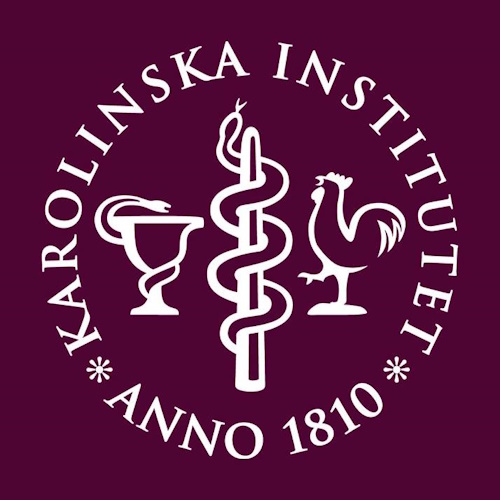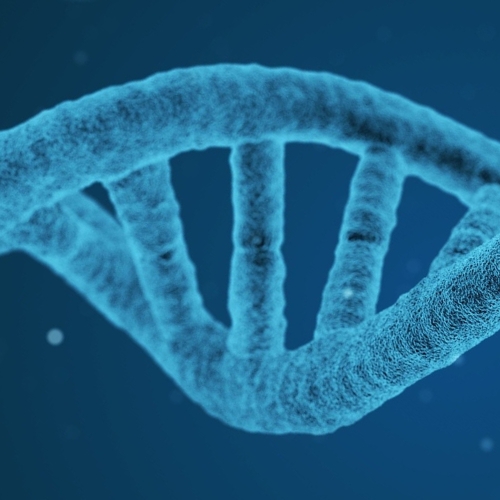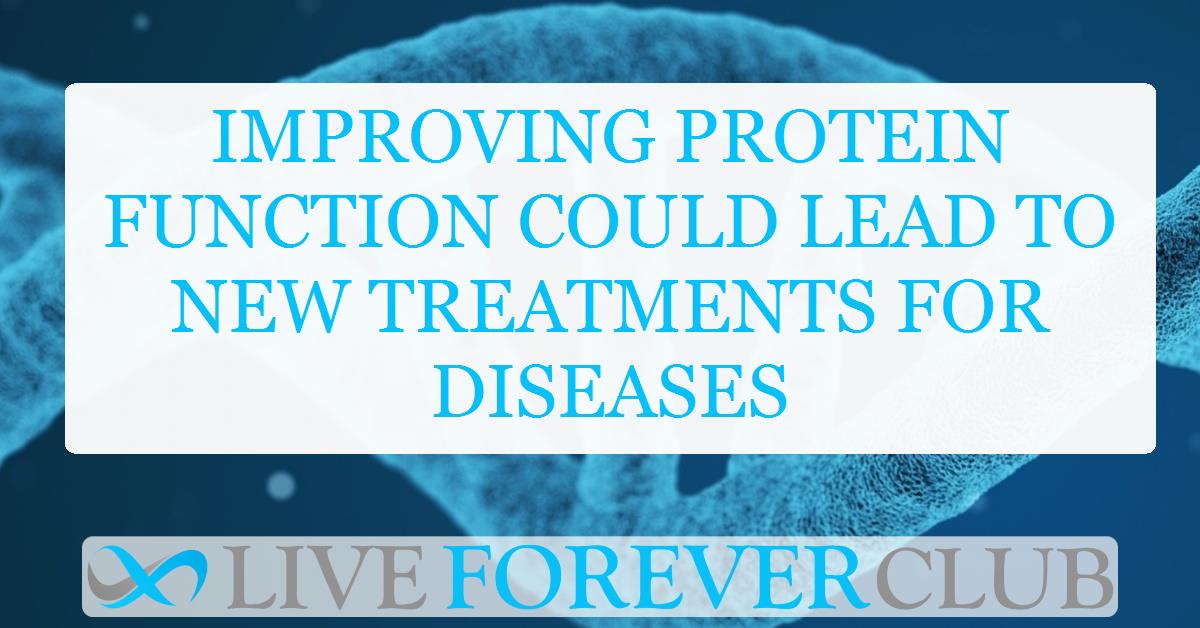Key points from article :
Researchers from Karolinska Institutet and SciLifeLab have developed a technique that significantly improves the function of a protein involved in repairing oxidative DNA damage. This advancement, published in Science on June 23, 2022, focuses on the enzyme OGG1, which is essential for repairing oxidative DNA damage, a factor in diseases such as Alzheimer’s, cancer, and lung diseases. The research holds promise for developing new drugs that target oxidative stress-related conditions.
Traditionally, drug development has centered on finding and inhibiting harmful proteins. However, many diseases stem from a loss or decline in protein function, which cannot be directly addressed using inhibitors. In this study, researchers took a different approach by enhancing a protein’s function instead of inhibiting it. They used a method called organocatalysis, a Nobel Prize-winning discovery by Benjamin List and David W.C. MacMillan. Organocatalysis employs small organic molecules to induce chemical reactions, acting as catalysts without becoming part of the final product.
The researchers introduced a catalyst molecule to the OGG1 enzyme, which made it ten times more efficient at repairing oxidative DNA damage. The catalyst also enabled OGG1 to perform a new function by interacting with a different protein, PNKP1, instead of its usual partner, APE1. This breakthrough opens up possibilities for creating drugs that enhance protein functions rather than merely blocking them, potentially offering a new way to treat diseases related to oxidative stress.
One of the study's senior authors believes this approach could revolutionize drug development. The technique is not limited to specific diseases, as the concept of adding a small catalyst molecule to improve protein function could have broad applications across various fields.




